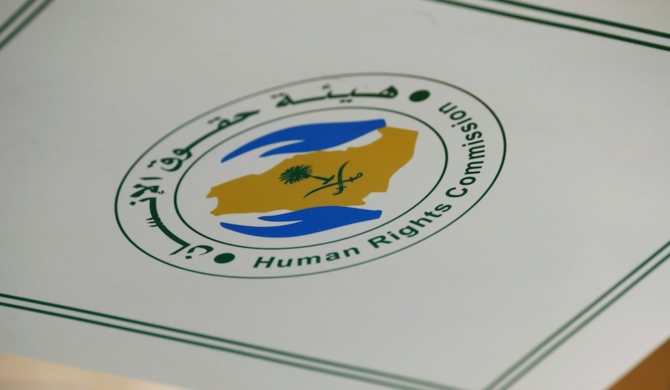
- ARAB NEWS
- 25 Apr 2024

Mohammad Al-Kinani
JEDDAH: The Saudi Human Rights Commission (SHRC), the Kingdom’s official human rights institution, has recommended the immediate issuing of a law to ban marriages to people under the age of 18.
It has also warned guardians that preventing daughters aged over 18 from getting married is a crime for which they will be held accountable.
The SHRC said it has studied the matter with a number of concerned agencies, and there are many negative effects of getting married under the age of 18.
It also noted that the Child Protection Law holds parents and caregivers accountable for children’s upbringing and protecting them from abuse.
Human rights activist Dr. Matouq Al-Sharif said the SHRC, in its statement, is drawing attention to practices by guardians that are contrary to international conventions, in particular the Convention on the Rights of the Child, which was ratified by the Kingdom via the commission.
“Based on the Paris Principles, which was adopted by the UN General Assembly in 1993, the SHRC was granted the right to provide the (Saudi) government with advisory opinions, recommendations, proposals and reports,” Al-Sharif told Arab News.
He added that the SHRC is responsible for ensuring that national legislation, regulations and practices harmonize with the international human rights conventions that the Kingdom has signed.
“One of the tasks of this institution is to follow up on the implementation of such formal pacts, and make sure it is effective,” Al-Sharif said.
“From some people’s point of view, Islam gives a guardian the right to wed his daughter. They claim that the Prophet Mohammed married Aisha when she was still 9 or 11, according to some narratives,” Al-Sharif said.
“However, authentic senior Muslim scholars have denied that and said the prophet asked for her hand when she was at that age. They confirm that the wedding was when Aisha was no longer a child.”
The human rights activist noted that the SHRC’s statement is a message to the relevant authorities to enact a law that rejects ideas that are contrary to Islam.
Al-Sharif said that the commission has long sought to change the belief that under-age marriages are permissible.
“It has even interfered to stop a number of marriages to minors in different parts of the country. Moreover, it has issued a medical study in cooperation with the Health Ministry. The study highlighted the health risks to minors of such marriages,” he said.
According to Al-Sharif, the SHRC received a letter from the ministry stating that it had conducted a study on the issue and found serious health risks associated with such marriages.
“The Health Ministry … listed a number of health risks, including osteoporosis … due to lack of calcium, anaemia, abortions, acute high blood pressure that may lead to kidney failure, pelvis and spinal deformities, and many other risks,” he said.
In a statement posted on its Twitter account, the SHRC said enacting such a law would protect children and maintain their rights.
The statement added that many studies have proven that underage marriages have negative physical and psychological effects. It said local and international laws consider people under the age of 18 as children.
The SHRC also issued a statement describing families preventing their adult daughters from marrying as a clear violation of human rights.
The SHRC stressed that Saudi law criminalizes such actions, and that the appropriate authorities would deal with any reported cases. It added that under Shariah law, any woman experiencing such treatment could file a lawsuit.
It has called on relevant authorities to help raise awareness among women about their rights, and to highlight the penalties for those who violate the law.